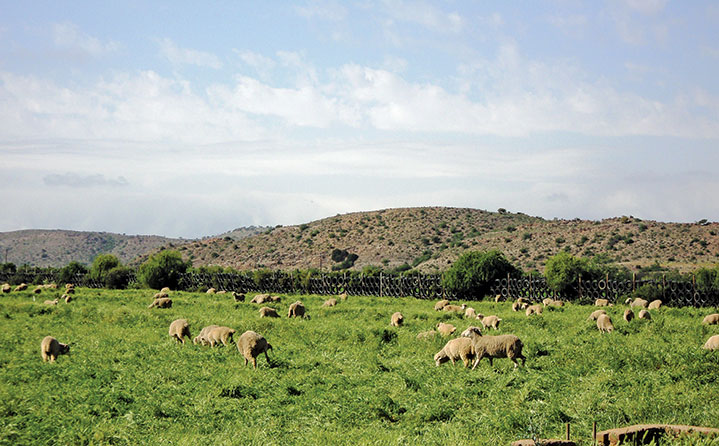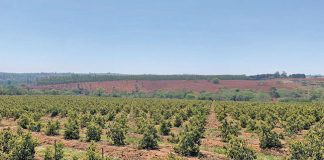
The only thing that will be worse for our economy than large-scale expropriation of land without any compensation, would be a failure to transfer ownership of that land to private individuals.
It is well known by now that the beneficiaries of much of the land that has thus far been acquired by the state during the land reform and restitution processes, have not been issued with title deeds.
READ Smallholder farmers need cooperatives – De Jager
Instead, the land is held in trust by the state, which basically means it has been nationalised.
This is of course exactly what the EFF is fighting for, expropriation of land without compensation and the nationalisation of all land.
It is not clear what the ANC wants because the party has made some comments about issuing title deeds, especially for residential properties in urban areas, but then again, the same ANC has been responsible for the de facto nationalisation of land as seen thus far.
If the purpose of land reform is really to address poverty and the racially skewed ownership patterns of land in South Africa, giving black people access to land without ownership will do little to achieve this goal.
During the Public Lecture of the Food and Agriculture Organization of the United Nations, presented by Dr Akinwumi Adesina, president of the Africa Development Bank, earlier this month, he made a very strong case for strengthening ownership of land across Africa to address poverty and underdevelopment in rural areas.
He described this aspect as the most important agenda for Africa today.
According to Adesina, inequality and insecurity of access to land are major challenges, especially for women, who make up the majority of Africa’s farming population.
“It goes without saying that security of land ownership expands investments in land and farm improvements, and access to finance through the use of land as collateral.
“The challenge of access to land for women is not a technical issue, it is a political issue. National governments should promote, ensure and expand the access of women to land. Women’s secure access to land, with titles, should not be a favour; it must become a fundamental right. For no bird can fly with one wing. African economies will progress faster with greater equality between men and women,” he said.
Dr Theo de Jager, president of the World Farmers’ Organisation, presented a similar argument when he spoke at a recent meeting of the ad hoc group for the protection of property rights in Pretoria.
Echoing Adesina’s sentiments, De Jager said that at the very heart of the many challenges South Africans were facing was dire, persistent and deep-rooted poverty, and access to land would not cure this.
However, access, together with ownership, might provide some with a first step out of misery.










